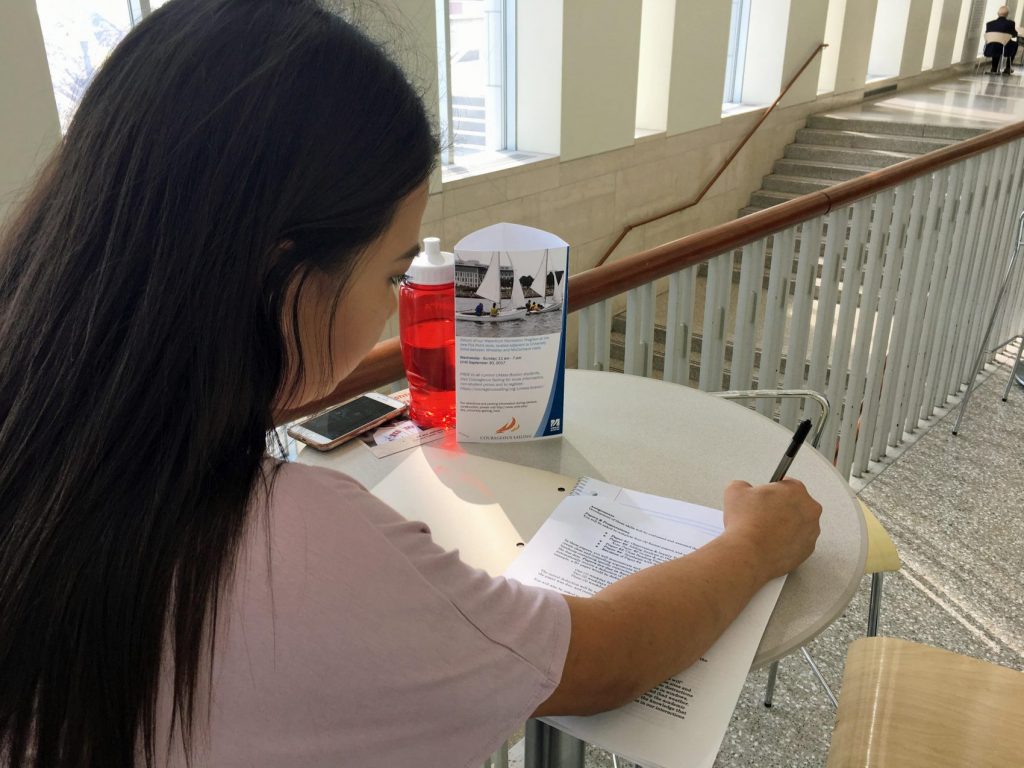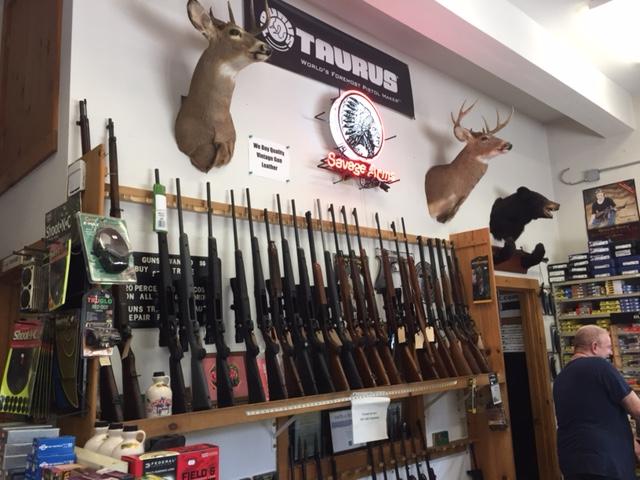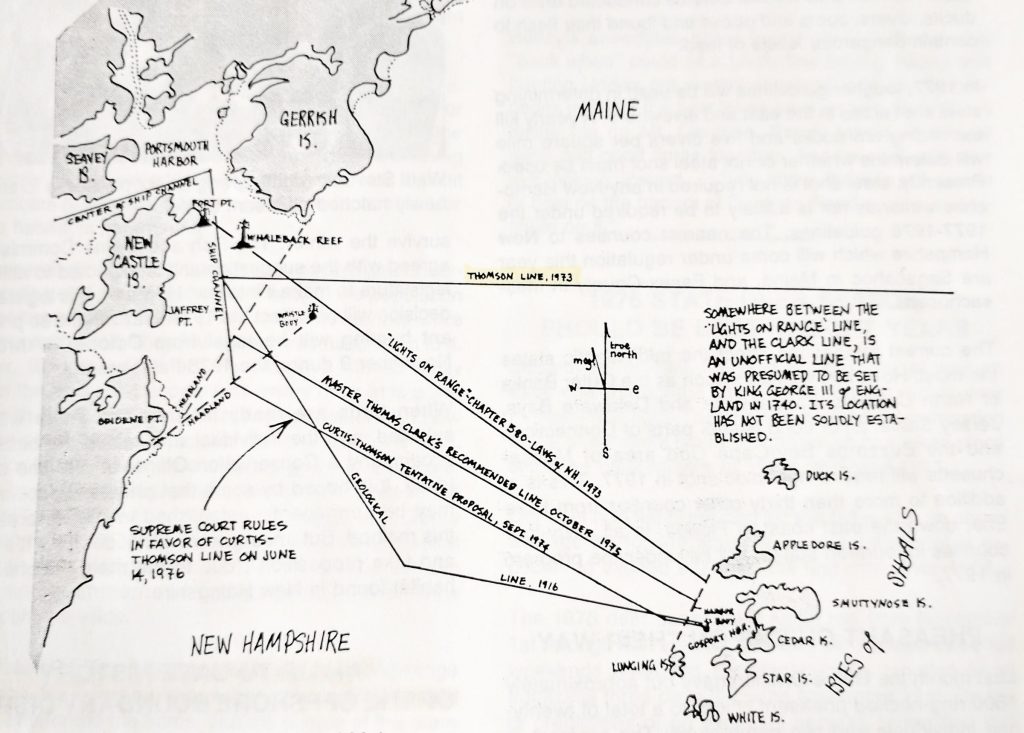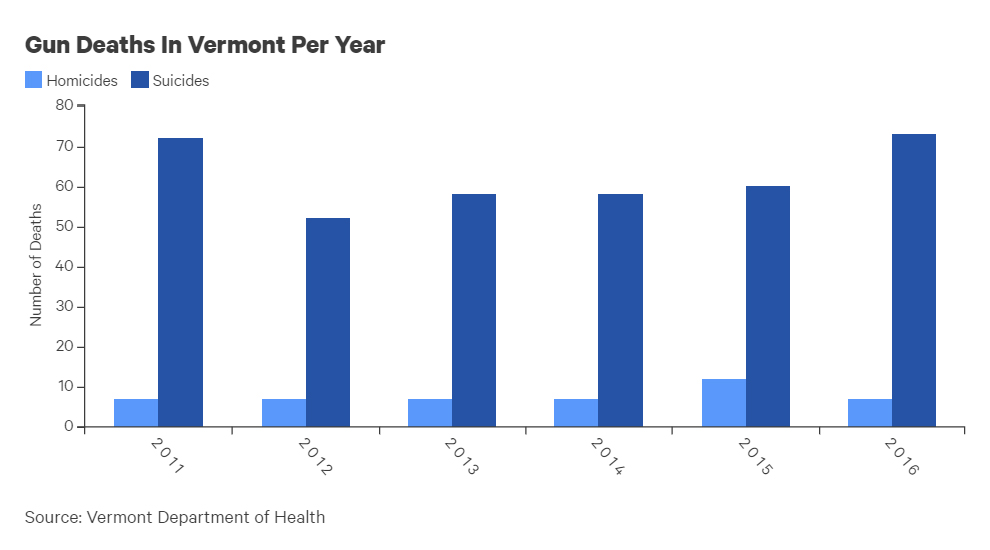Episode 58: Under the Gun


Paola, 19, has lived most of her life in the U.S. after being brought from El Salvador by her mother when she was a child. She received deferred action in 2016 and Tuesday was her first day of classes at UMass Boston. Photo by Shannon Dooling for WBUR
In Vermont, suicides account for 89 percent of gun-related deaths. Why is that percentage so high, and what’s being done to lower the risk? Also, we learn how the region is reacting to President Trump’s decision to end the DACA program. And we explore the wide variety of accents that color the speech of New Englanders and how those sounds are changing. Finally, we wade into an offshore war between Maine and New Hampshire and visit a summer camp with a colonial flair. It’s NEXT!
You can stream the entire episode by clicking play on the embedded media player above or listen to the embedded SoundCloud files below for individual reports.
At Risk

Students at Eastern Connecticut State University protest President Trump’s decision to end protections for undocumented young people on Tuesday, September 5, 2017. Photo by Ryan Caron King for WNPR
We’ve been hearing the voices of young people around New England whose future is very uncertain. About 15,000 immigrants in our region have been granted temporary status under the program known as Deferred Action for Childhood Arrivals, or DACA. The Obama-era initiative allows young people whose parents brought them to the country illegally to live and work in the United States.
Attorney General Jeff Sessions announced Tuesday that the government will phase out the DACA program. Many elected officials have reacted sharply toward that decision and four New England States have joined a lawsuit in support of DACA recipients. As reporter Shannon Dooling found, this news came at a difficult time for many students. She went to the University of Massachusetts-Boston on the first day of school with this report.

Cragin’s Gun Shop in Rutland, Vt. primarily serves hunters. Owner John Cragin said suicide is a tricky issue – but if he has any doubts about selling someone a gun, he won’t make the sale. Photo by Liam Elder-Connors for VPR
For many people in Vermont, guns are a way of life. Unlike more populous, more urban states in our region, Vermonters own guns at a higher rate and fiercely protect their gun rights. That means looser gun laws than in Massachusetts, Connecticut, and Rhode Island — but also a higher rate of gun deaths per capita than in those states. Vermont Public Radio wanted to look into the numbers behind this reality and found some surprising data and personal stories. Four hundred twenty people died from gunshot wounds in Vermont between 2011 and 2016. Eighty-nine percent of those deaths were suicides.
Our guest Taylor Dobbs is the digital reporter at Vermont Public Radio, and he produced the reporting project “Gunshots: Vermont Gun Deaths, 2011-2016.” We’re also joined by Matthew Miller, M.D., a professor of health sciences and Epidemiology at Northeastern University and co-director of the Harvard Injury Control Research Center. VPR has made the death certificate data gathered for the project public. See the spreadsheet here.
The Shifting New England Accent
The Netflix prison drama “Orange is the New Black” features a woman with a Boston-flavored accent. In fact, this character’s way of talking is a little more complicated than that, and so is her story. Developing that sound brought actress Yael Stone to Boston. There, she met up with WBUR’s Sarah Rose Brenner, who has this report. Dropped Rs and long As can be heard, of course, not only in Boston but across much of New England. But in a 2012 paper published in the Journal of American Speech, Dartmouth College linguist James Stanford and his colleagues make the case that a classic New England accent is receding.

Can you spot the dialect division in this bagel shop menu? From the (now closed) Bagel Basement in Hanover, New Hampshire. Courtesy of James Stanford
In a study currently under peer review, Stanford and his partners used an online crowd-sourcing tool to reach over 600 speakers around the region. This big data set allowed them to tease out subtle differences in the way people from different parts of New England talk. James Stanford joins us to discuss some of his team’s findings. Chaeyoon Kim, Sravana Reddy, Ezra Wyschogrod, and Jack Grieve are co-authors on the study. For a deep dive into the Vermont accent, we highly recommend the very first episode of Vermont Public Radio’s podcast Brave Little State.
Lobster Pots and Chamber Pots

This map, produced by NH Fish & Game in 1976, details the claims made by both sides in the lobster wars. Courtesy Portsmouth Athenaeum
Off the coast of New Hampshire are the iconic Isles of Shoals. Somewhere around the middle of those isles, there’s a dotted line: the state border between New Hampshire and Maine. As New Hampshire Public Radio’s Jason Moon learned, that line has been the cause of some intense disagreement over the years among lobstermen.
It’s back-to-school time in New England. And in their “what I did this summer” essays, some Connecticut kids might be writing about the week they spent in 1774. Each year, the Noah Webster House in West Hartford, the childhood home of the founder of the American dictionary, holds Colonial Children’s Camp. The program gives kids a taste of what daily life was like in Webster’s time. NEXT producer Andrea Muraskin paid a visit.
About NEXT
NEXT is produced at WNPR.
Host: John Dankosky
Producer: Andrea Muraskin
Executive Producer: Catie Talarski
Digital Content Manager/Editor: Heather Brandon
Contributors to this episode: Shannon Dooling, Taylor Dobbs, Sarah Rose Brenner, Jason Moon
Music: Todd Merrell, “New England” by Goodnight Blue Moon
We appreciate your feedback! Send praise, critique, suggestions, questions, story leads, and recordings of your mom’s accent to next@wnpr.org.

